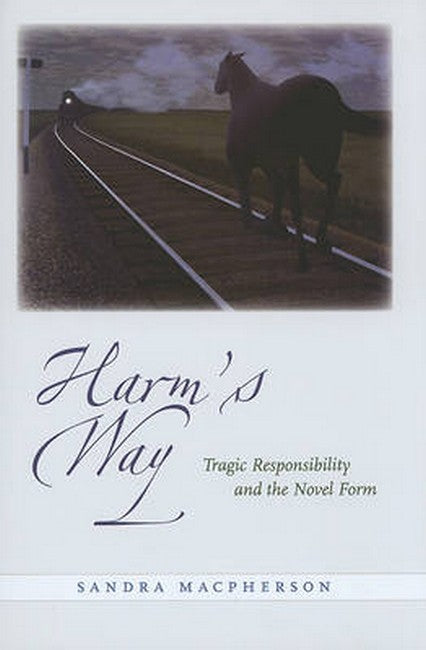Conventional studies of the 18th-century novel link the form's evolution to the emergence of a modern liberal subject whose actions and attachments are imagined to be voluntary and intentional. Sandra Macpherson challenges this account of modernity, arguing that accident and injury are central to the way the early realist novel conceives of personhood and belonging. Macpherson's unique approach connects the rise of the novel to contemporary developments in liability law - in particular, to legal principles of strict liability that hold persons accountable for harms inflicted upon others in the absence of intention, consent, direct action, or foreknowledge. In fresh readings of Defoe, Richardson, and Fielding, she shows that these laws share with the novel a model of the person and her actions as fundamentally extrinsic - the state of her mind is irrelevant to the question of her responsibility for others. Macpherson urges readers to rethink the ancient consensus that the novel differs from tragedy in its elevation of character over plot. She concludes that the realist novel is ultimately a tragic form, committed to holding persons accountable for accidents of fate. Macpherson's original insights will have a broad and lasting impact on the study of the 18thcentury novel.''Two books have been written in the last decade that revise fundamentally our idea of fiction and its relation to civil society. Victoria Kahn's Wayward Contracts is one; this is the other. There have been many studies of the connection between law and literature, but none as finely calculated as Macpherson's for the 18thcentury novel.'' -- Jonathan Lamb, Vanderbilt University''Harm's Way is a tremendous achievement that advances the fields of 18thcentury studies and novel studies in remarkable and exciting ways.'' -- Deidre Lynch, University of Toronto

